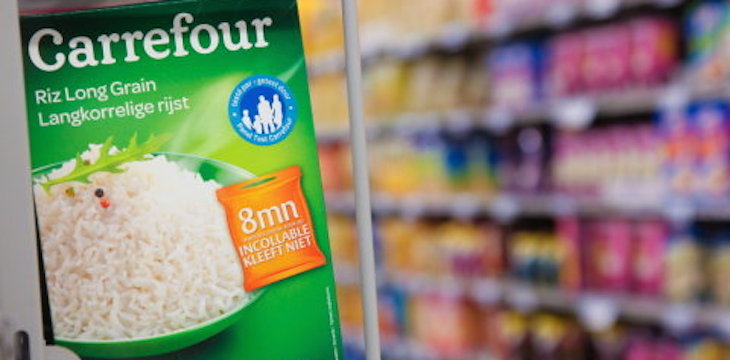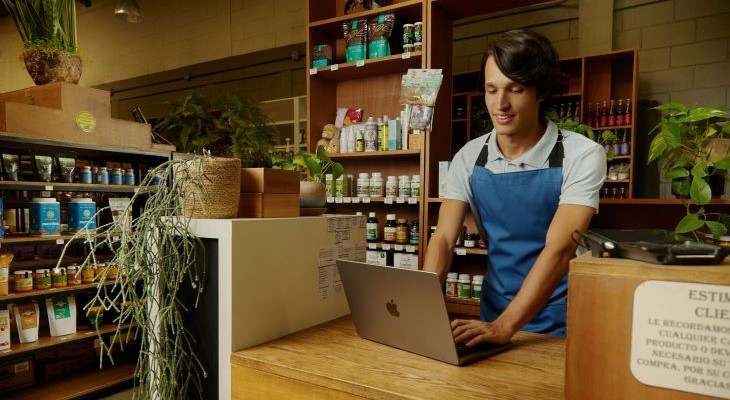It’s called MRSA, methicillin-resistant Staphylococcus aureus, the latest European health emergency from the animal world. An antibiotic-resistant super bacteria that is rapidly spreading on pig farms in Northern Europe. Infecting not only those who work in contact with the pigs, but also the products that arrive on our supermarket shelves. In Denmark, tests have shown that 20% of pork products are contaminated; in the United Kingdom, in a test sponsored by the Guardian newspaper and carried out by a Danish university, out of 100 products taken from the major British chains, 9, sold by Co-ops, Sainsbury’s, Tesco and Asda, were contaminated with the MRSA bacterium.
The health problem goes well beyond the rashes, sometimes serious, that some people have developed (usually farm workers, but not only), and the contamination of products which, according to the health authorities, is not directly linked to the development of the disease, and concerns resistance to antibiotics. According to the WHO, World Health Organization, by 2050 antibiotic resistance could lead to more cancer deaths, caused by infections no longer treatable with the drugs we use today, and which are heavily used on farms. The drastic reduction in their use is the only way to curb the problem.
Hence the idea of a number of associations to apply a label to the meat on sale, certifying the absence of administering antibiotics during the life of the animal. A means that would indicate, indirectly, more healthy and sustainable farming. According to some activists, however, the creation of a “not treated with antibiotics” label risks creating a protected area (a bit like organic) for higher-priced meat, while the majority of consumers would continue to buy low cost products, without directly addressing the issue. It is not so much the use of drugs, when necessary and prescribed by a veterinarian, which should be punished, but their widespread, indiscriminate and preventive use on all animals on intensive, overcrowded farms where sanitary conditions are extremely deficient.
The problem is clearly not circumscribed to Northern Europe, for two reasons. First of all, half of the pork used in Italy is imported. Moreover, as Dan Jørgensen, former Danish Minister of Agriculture, told the Guardian, “every country with pig farms has this problem: they just don’t know how big it is”. And Italy is certainly not exempt from the widespread use of antibiotics, a sign that there are health problems, often derived from unsustainable farming conditions, such as those reported by Animal Equality in certain farms in Northern Italy. It was the Health Minister herself, Beatrice Lorenzin, who said that “The figure on the use of antibiotics is high on our farms”. The Ministry also provided this data: over 10 million pigs are raised in our country and there are 137,851 pig farms. Finally, Italy is at the bottom of the league in terms of antibiotic resistance, due to the often indiscriminate use of the drug in both humans as well as animals. MRSA resistance, in particular, in Italy has European record percentages, exceeding 38%.
The European regulation which came into force in April which requires indication on the label of pig, sheep and goat meat, as well as poultry, of the country of origin, in addition to the name of the country where the animal was raised and slaughtered, is certainly a step forward, but the real problem is that the infected farms are not tracked in any way. Two Danish journalists who investigated the pig industry have been reported for “violation of privacy”. Not only that, the origin labelling does not apply to processed meat like sausages.
A problem, that of intensive farming and the use of antibiotics, which concerns not only pork but also poultry. According to the 2015 ECDC/ EFSA/ EMA report, in Italy we consume three times the European average of antibiotics for animal use.
The return to more “traditional” and “human” farms, which take into account the health and – as far as possible – the welfare of the animals and decrease the chances of getting ill would, according to many, be the solution. A step that would certainly lead to having more expensive, but presumably healthier, meat. Meanwhile, consumers are increasingly concerned about the health and origin of the meat they buy.






